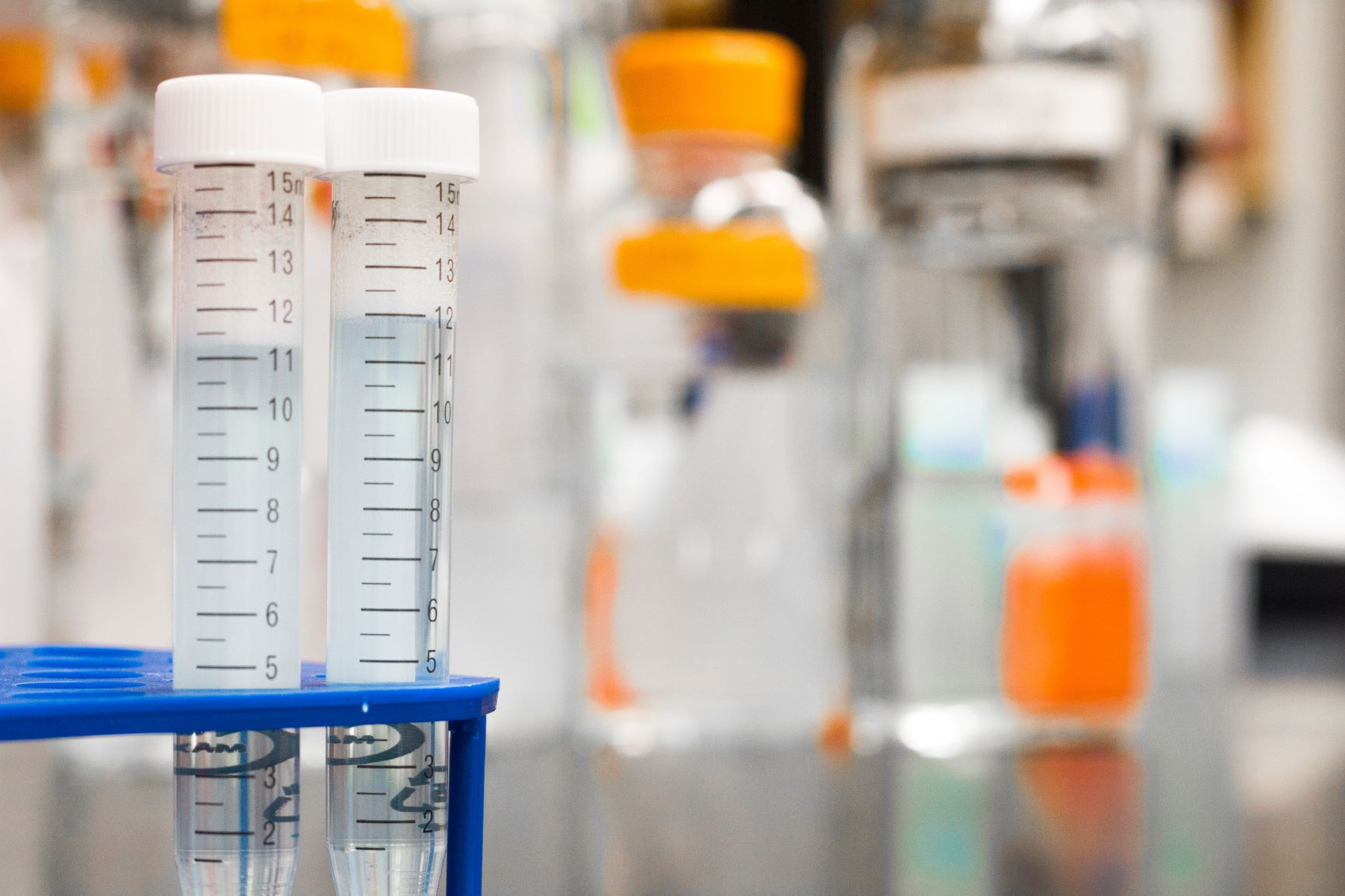The Lowy Medical Research Institute, through the MacTel Project, supports extensive clinical studies to advance the understanding of MacTel. This focus on clinical research has been largely successful to date; it has redefined the disease and has brought therapies to clinical trials.
The MacTel Project’s Natural History Observation Study (NHO) played a major role in improving the diagnosis of MacTel and the understanding of the disease. The Natural History Study enrolled more than 400 individuals with MacTel from around the world. Participants had annual clinic visits for five years. At these visits, their health and MacTel progression were recorded. Ophthalmic imaging and samples for genetic analysis were also collected. This detailed clinical history, from very early to more advanced stages of disease, has led to new disease insights.
The NHO evolved into the Natural History Observation and Registry Study (NHOR). The Registry involves an initial clinic visit at the time of enrollment, and annual telephone follow-up. Participants in the registry are providing valuable clinical information about the progression of their disease. They are also connected to the opportunity to participate in laboratory research and clinical trials.
Based on the information gained over the years, it is now possible to test therapies for treating MacTel. To that end, LMRI is sponsoring clinical trials to test the safety and efficacy of ciliary neurotrophic factor (CNTF) and a laser treatment in those affected with MacTel type 2. These clinical trials are now enrolling qualified participants.
If you have received a diagnosis of MacTel and are interested in participating in MacTel clinical research, contact us or contact a clinic site near you.
We also invite you to enroll in the LMRI Contact Database to stay up to date on MacTel research and/or opportunities to participate in clinical trials.



